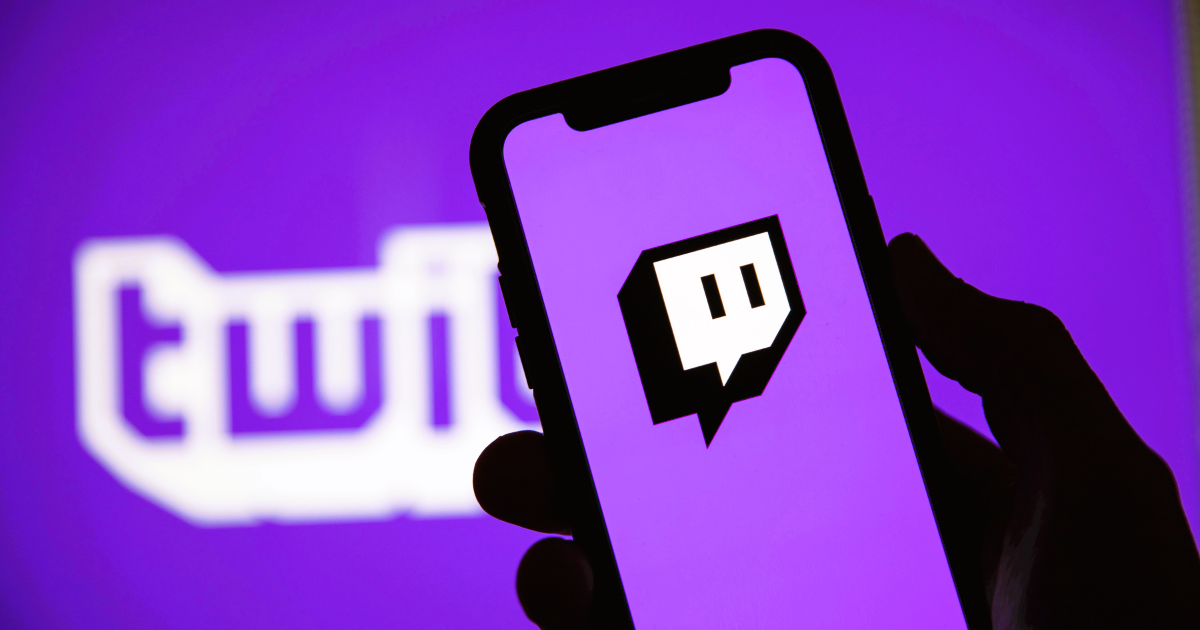The rise of streaming platforms has transformed the landscape of competitive gaming, creating new opportunities for players, fans, and the industry as a whole. Platforms like Twitch, YouTube Gaming, and Facebook Gaming have not only revolutionized how gamers engage with content but have also significantly influenced the growth and development of esports. This article explores the profound impact of streaming platforms on competitive gaming and how they have reshaped the industry.
The Emergence of Streaming Platforms
The concept of streaming games and gaming-related content began to gain traction in the early 2010s. As internet speeds improved and streaming technology advanced, platforms emerged that allowed gamers to broadcast their gameplay live to a global audience. These platforms provided a new avenue for gamers to share their experiences, showcase their skills, and connect with fans.
Twitch: The Pioneer of Gaming Streams
Launched in 2011, Twitch quickly became the dominant platform for game streaming. Its user-friendly interface, interactive features, and strong community focus set it apart from its competitors. Twitch allowed gamers to stream their gameplay live, interact with viewers via chat, and build communities around their channels.
The success of Twitch can be attributed to its ability to cater to both casual and professional gamers. Streamers could engage with their audience in real-time, answer questions, and build a personal brand. The platform’s partnership and affiliate programs provided opportunities for streamers to monetize their content through subscriptions, donations, and ad revenue.
YouTube Gaming and Facebook Gaming
Following Twitch’s success, other platforms sought to capture a share of the game streaming market. YouTube Gaming, launched in 2015, leveraged YouTube’s existing infrastructure to offer live streaming and video-on-demand content for gamers. The platform’s integration with YouTube’s video ecosystem allowed for seamless sharing and discovery of gaming content.
Facebook Gaming entered the scene in 2018, leveraging Facebook’s massive user base to attract gamers and streamers. The platform offered features such as live streaming, gaming groups, and interactive content, aiming to integrate gaming into the broader social media experience.
The Influence of Streaming Platforms on Competitive Gaming
Streaming platforms have had a transformative impact on competitive gaming, influencing various aspects of the industry, from player exposure to tournament organization and fan engagement.
Increased Visibility and Opportunities for Players
For competitive gamers, streaming platforms have become a crucial tool for gaining visibility and building a following. By streaming their gameplay, players can showcase their skills, engage with fans, and attract the attention of sponsors and teams. Successful streamers often find themselves with opportunities to participate in tournaments, collaborate with other content creators, and secure sponsorships.
The ability to broadcast live gameplay has democratized access to competitive gaming, allowing players from diverse backgrounds to gain recognition and potentially launch careers in esports. This visibility has led to a more diverse and inclusive competitive scene, with players from around the world contributing to the growth of the industry.
Enhanced Fan Engagement and Community Building
Streaming platforms have revolutionized how fans interact with competitive gaming. Live streams allow viewers to experience matches and gameplay in real-time, providing a sense of immediacy and connection with their favorite players and teams. The chat features on platforms like Twitch enable fans to engage directly with streamers, ask questions, and participate in discussions.
The interactive nature of streaming has fostered the development of strong gaming communities. Fans can join chat rooms, participate in community events, and engage with content creators beyond the confines of traditional media. This sense of community enhances the overall fan experience and contributes to the growth of esports fanbases.
Growth of Esports Tournaments and Events
Streaming platforms have played a significant role in the organization and broadcasting of esports tournaments. Major events, such as The International (Dota 2) and League of Legends World Championships, are streamed live to millions of viewers around the world. The platforms provide a global stage for these events, allowing fans to follow the action, watch live matches, and engage with pre- and post-game content.
The rise of streaming has also led to the growth of smaller, grassroots tournaments and leagues. Streamers and content creators often organize their own events, which can attract significant viewership and sponsorship. These events contribute to the vibrant and dynamic esports ecosystem, providing opportunities for emerging players and teams.
The Economic Impact of Streaming

The economic impact of streaming platforms on competitive gaming is substantial. The monetization opportunities provided by platforms have created new revenue streams for players, content creators, and the industry as a whole.
Monetization for Streamers
Streaming platforms offer multiple avenues for streamers to generate income. Subscriptions, donations, and ad revenue are primary sources of income for many content creators. The ability to monetize content has enabled many gamers to turn their passion into a full-time career.
Partnership and affiliate programs also provide additional revenue opportunities. Streamers can collaborate with brands, promote products, and participate in sponsored content, further diversifying their income streams.
Sponsorships and Advertising
The popularity of streaming has attracted significant investment from sponsors and advertisers. Brands recognize the value of reaching engaged and passionate gaming audiences through streaming platforms. Sponsorships, product placements, and advertising campaigns contribute to the revenue of both content creators and the platforms themselves.
Esports organizations also benefit from sponsorships and advertising revenue generated through streaming. The visibility and reach provided by platforms help attract sponsors and partners, contributing to the financial growth of the industry. Like the article? Read also about Game memes.
Challenges and Future Trends
While streaming platforms have had a positive impact on competitive gaming, they also present challenges. Issues such as copyright infringement, content moderation, and platform exclusivity can affect both streamers and viewers. Additionally, the competitive nature of the streaming market means that platforms must continuously innovate to stay relevant.
Looking ahead, streaming platforms are likely to continue evolving, incorporating new technologies and features to enhance the gaming experience. Innovations such as virtual reality (VR) streaming, interactive content, and improved integration with other media formats could shape the future of gaming and streaming.
The impact of streaming platforms on competitive gaming has been profound and far-reaching. From increasing player visibility and enhancing fan engagement to driving the growth of esports tournaments and creating new revenue opportunities, streaming platforms have reshaped the gaming landscape. As the industry continues to evolve, streaming platforms will remain at the forefront of this transformation, influencing how players, fans, and the broader gaming community interact with competitive gaming.
For more information on the impact of streaming platforms and their role in competitive gaming, you can explore resources like Wikipedia for comprehensive coverage and expert insights.

